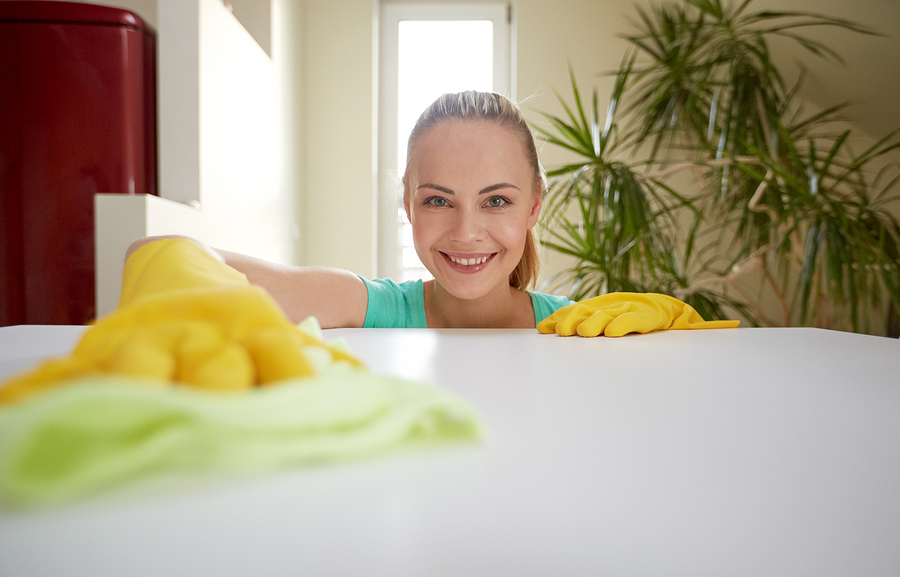As you get older, it can be harder to manage your house without help, which can make aging in place harder than it needs to be. If you want to age in place, you may need the help of family members, cleaners, and in-home care to continue living a high-quality life. In-home care can help with daily tasks such as getting dressed, cooking meals, reminders, and helping you stick to a routine. But they may also help with things like laundry and smaller chores that help keep your house clean, like dusting and vacuuming to reduce dust and dander. These are important tasks that improve air quality.
Here are a few things to know about improving air quality for seniors aging in place:
Why Indoor Air Quality Matters for Seniors?
When your house has poor indoor air quality it can have several impacts on your health as a senior. It can lead to more allergies especially if you have animals, extra fatigue throughout the day, irritation of your lungs, headaches, and eye aches. Keeping your house clean is one part of controlling the air quality but there may be more that you or in-home care can do to keep the indoor air quality better. Here are tips you can use to get your air cleaner!
Use an Air Filter
Your home may come with HVAC which has an air filter but you may need to buy an additional one if you have more animals. These can be places around your home to purify the air and keep it cleaner. It will remove dust, dander, hair, and other allergens that could be bothersome. This is crucial to maintaining a clean home. On the other hand, these do require maintenance. You need to change the filter occasionally or clean them out to ensure they are empty and usable. If you don’t clean these out they become clogged, dirty, and may not help the air quality around the house.
Clean Your Vents
Your house will have vents that help the airflow of your home. They will usually push out hot or cold air to keep your house at a lovely temperature. However, these also need to be maintained especially if you own your house, no one else will do it. You need to dust the outside of them regularly, but you may also need to clean the insides of them too. It’s important you dust them to keep your house from spreading allergens. A quick dust on the top of each vent can be done once a week and a deep clean should be done once every few months. This may be something an adult child or house cleaner needs to help you with.
Keep The Carpet Clean
Carpet and rugs can be the best for your home because they trap any dust, dander, and dirt, and it truly won’t spread in the air. But that is good and bad news. Yes, it traps things for you, but that also means you have to clean your rugs and carpets regularly. You should be vacuuming your carpets as often as one time a week. If you have animals you may need to clean the carpets like two or three times a week. In-home care may help you do small areas once a week if you ask them for help!
If you or an aging loved one is considering in-home care in Walnut Creek, CA, please contact the caring staff at Golden Heart Senior Care of Walnut Creek. (925) 203-3039.

